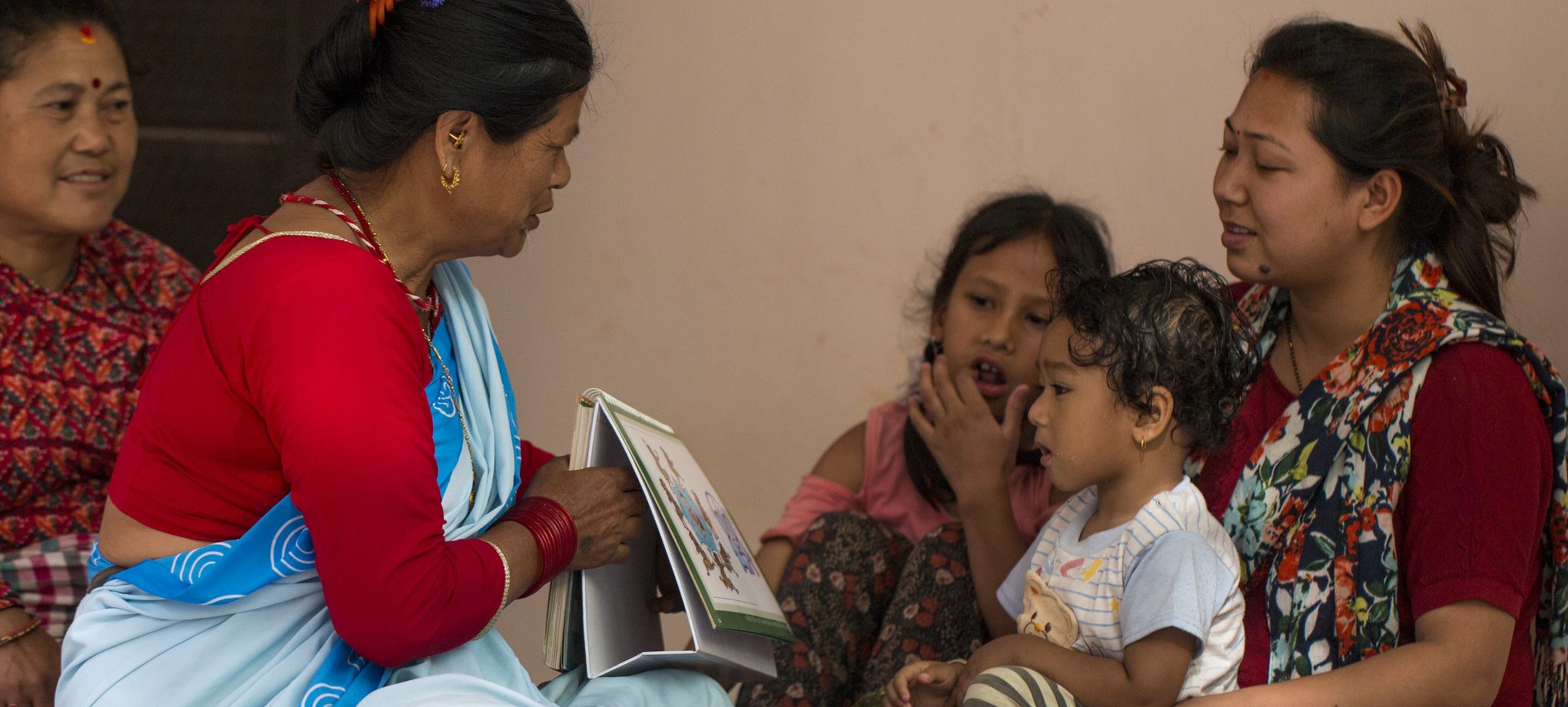
The Gendered Experience of Close to Community Providers during COVID-19 Response in Settings: A Multi-Country Analysis
Download this Social Science paper here. [opens new tab]
Many countries, and particularly those including fragile contexts, have a shortage of formal health workers and are increasingly looking to close-to-community (CTC) providers to fill the gap. The experiences of CTC providers are shaped by context-embedded gender roles and relations. This qualitative research study in Lebanon, Nepal, Myanmar and Sierra Leone explored the gendered experiences of CTC providers during the COVID-19 pandemic in fragile settings.
Methodology
We used document review, in-depth interviews or focus group discussions with CTC providers, and key informant interviews with local stakeholders to generate in-depth and contextual information.
Findings
The COVID-19-associated lockdowns and school closures brought additional stresses, with a gendered division of labour acutely felt by women CTC providers. Their work is poorly or not remunerated and is seen as risky. CTC providers are embedded within their communities with a strong willingness to serve. However, they experienced fractures in community trust and were sometimes viewed as a COVID-19 risk. During COVID-19, CTC providers experienced additional responsibilities on top of their routine work and family commitments, shaped by gender, and were not always receiving the support required. Understanding their experience through a gender lens is critical to developing equitable and inclusive approaches to support the COVID-19 response and future crises.
Authors
Joanna Raven 1, Abriti Arjyal 2, Sushil Baral 2, Obindra Chand 2, Kate Hawkins 3, Lansana Kallon 4, Wesam Mansour 1, Ayuska Parajuli 2, Kyu Kyu Than 5, Haja Wurie 4, Rouham Yamout 6 and Sally Theobald 6
Download this Social Science paper here. [opens new tab]
Image: Female Community Health Volunteers in Satungal village in western Kathmandu. Public Services International via Flickr [opens new tab]